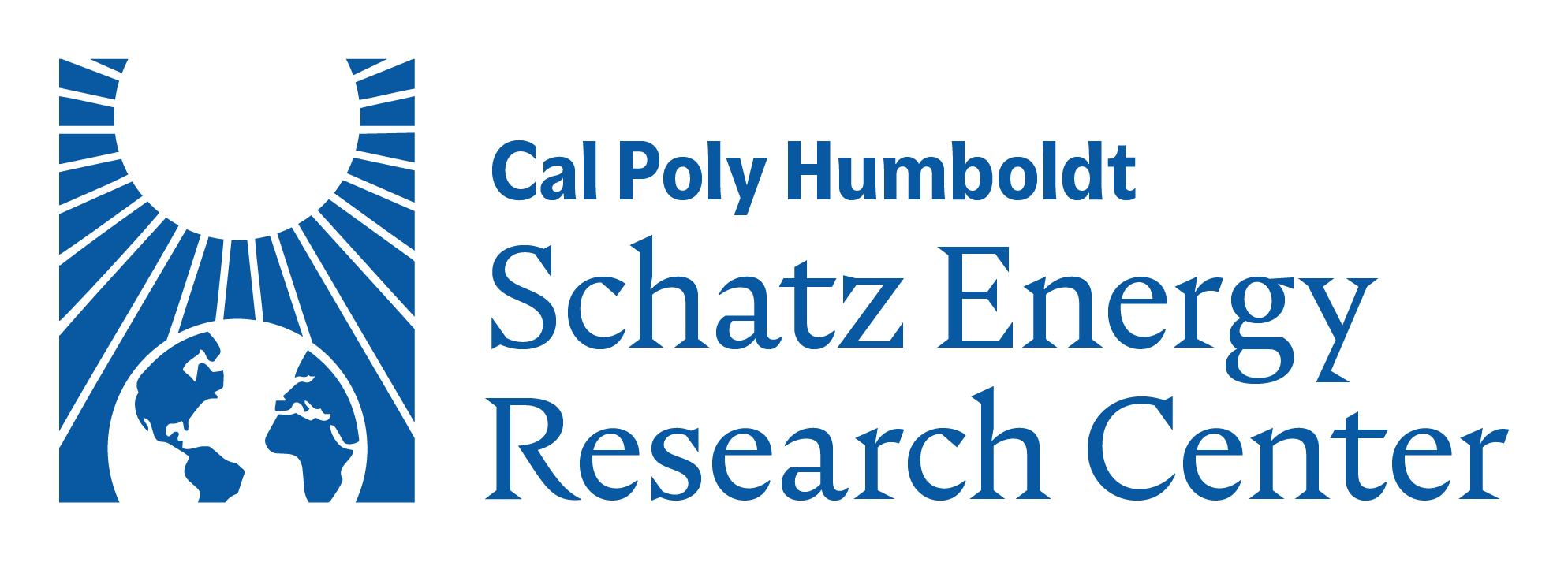Since 2008, we at SERC have worked with the Lighting Africa and Lighting Global programs to support the development of the off-grid lighting market. We currently manage the quality assurance program that has tested over 130 pico-solar lighting products, ranging from flashlights to lanterns to multi-light systems, from over 40 different manufacturers.
The Lighting Africa program has been a great success, with nearly eight million quality-verified pico-solar lights having been sold throughout Africa as of December 2014. This has inspired expansion of the effort to India and beyond through the Lighting Asia and Lighting Pacific programs. Bolstered by this success, the Lighting Global program is now focusing further along the electricity access continuum to support products that provide a wider range of energy services, beyond lighting and cellphone charging.
The decreasing costs of solar PV modules, rechargeable batteries, and LEDs have facilitated the development of larger plug-and-play solar home system kits at prices affordable to many in the off-grid market. Additionally, recent efficiency gains in DC appliances, such as reducing the power draw for a 20” color TV from over 20 W to less than 10 W, make it possible to power appliances with lower-cost solar home system kits. In response to these market trends and industry demands, the Africa Renewable Energy Access Program at the World Bank has tasked our team at SERC with expanding the existing test methods and quality assurance framework to cover these larger solar home system kits.

The systems covered by this extension will be plug-and-play direct current (DC) solar home system kits that can be installed by typical homeowners without the need to employ a technician. While products and kits with a peak power rating of less than 10 W are tested under the current quality assurance framework, the revised framework will cover kits from 10 W up to 100 W.
Over the past year, our team has worked with researchers from the Fraunhofer Institute of Solar Energy Systems (ISE) to develop a modified version of the existing quality assurance framework for larger kits. Both of our teams are committed to using the same set of principles to balance affordability, innovation, and rigor in developing standards and test methods for the solar home system market.

To push forward on the development of the framework, members of the SERC team recently traveled to Freiburg, Germany to meet with our colleagues at Fraunhofer ISE. We spent a week meeting and working with the team in Germany, and tackled some of the more difficult issues in the quality assurance framework, such as how to reliably measure system performance and assess appliances that are included with the kits.
We are currently pilot testing this extended framework on five solar home system kits and plan to test five more in the coming months. Once we have finalized the test methods, we will submit them for adoption by the International Electrotechnical Commission. Throughout the process, we are relying on stakeholder consultations with manufacturers, development organizations, test labs, the Global Off-Grid Lighting Association, financial institutions and others to improve the quality assurance framework.
If you are interested in our continued progress on this project, contact us at shs@lightingglobal.org, or visit the Lighting Global stakeholder page.













